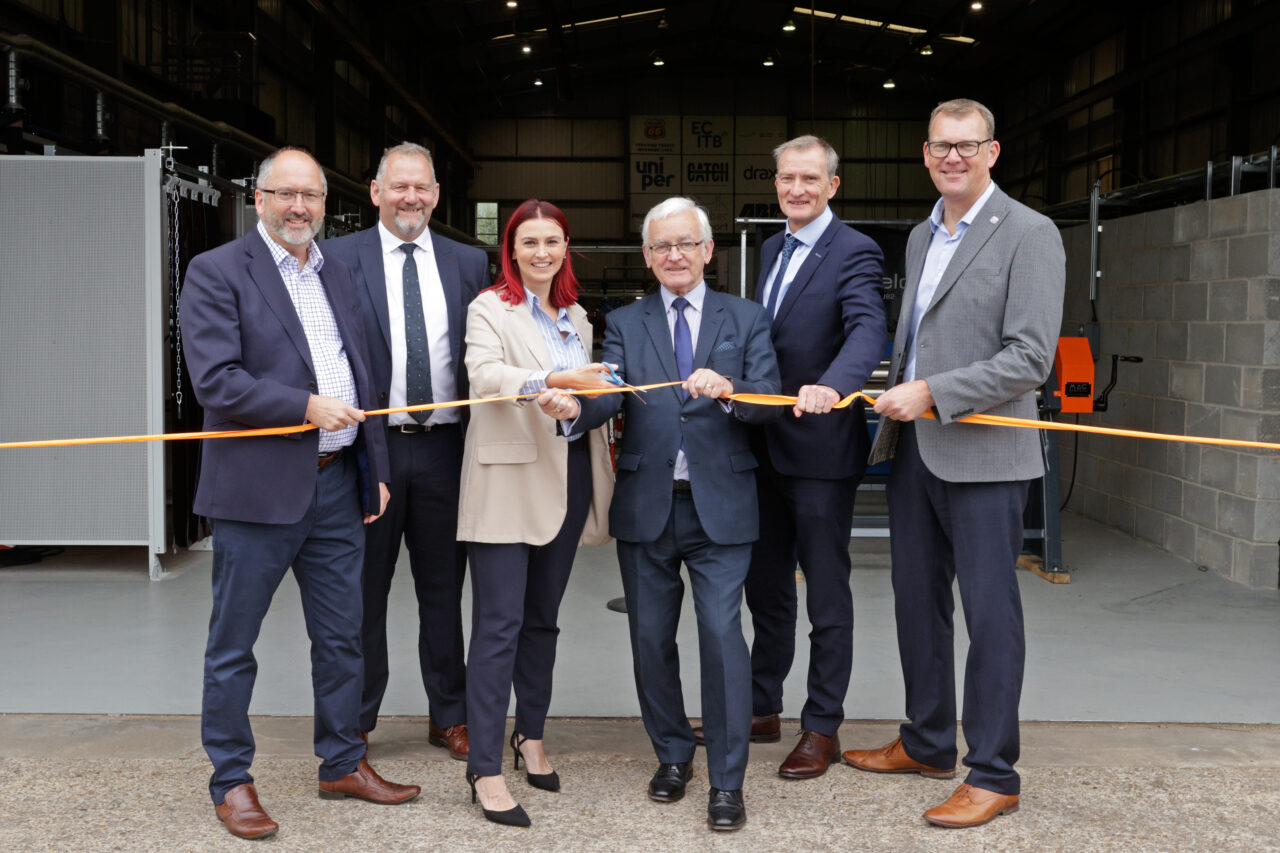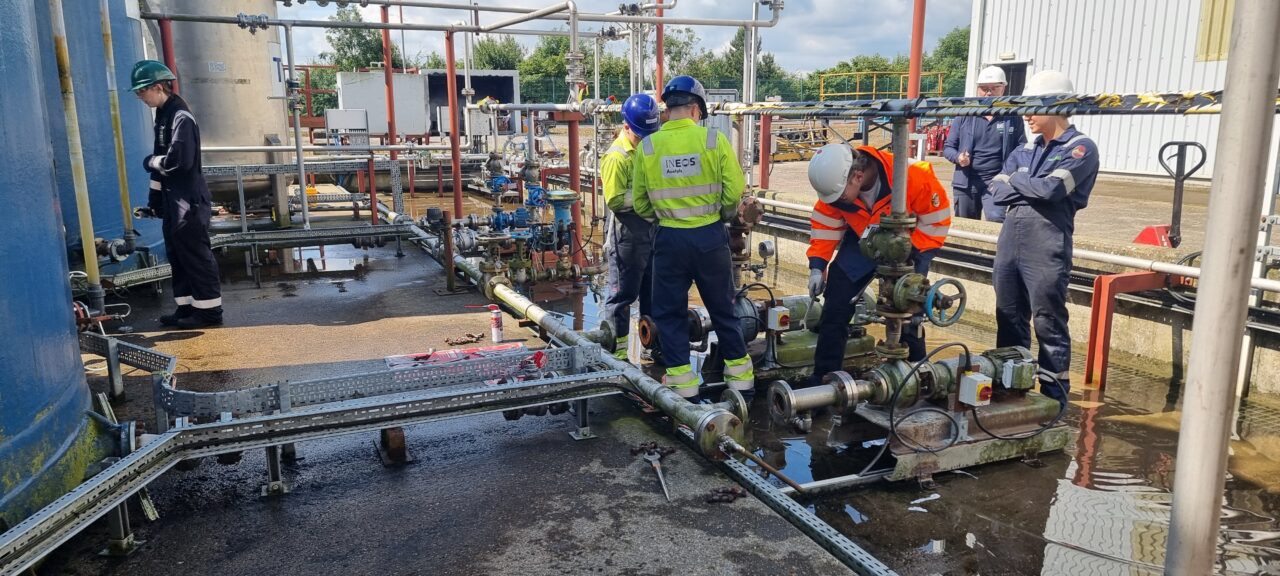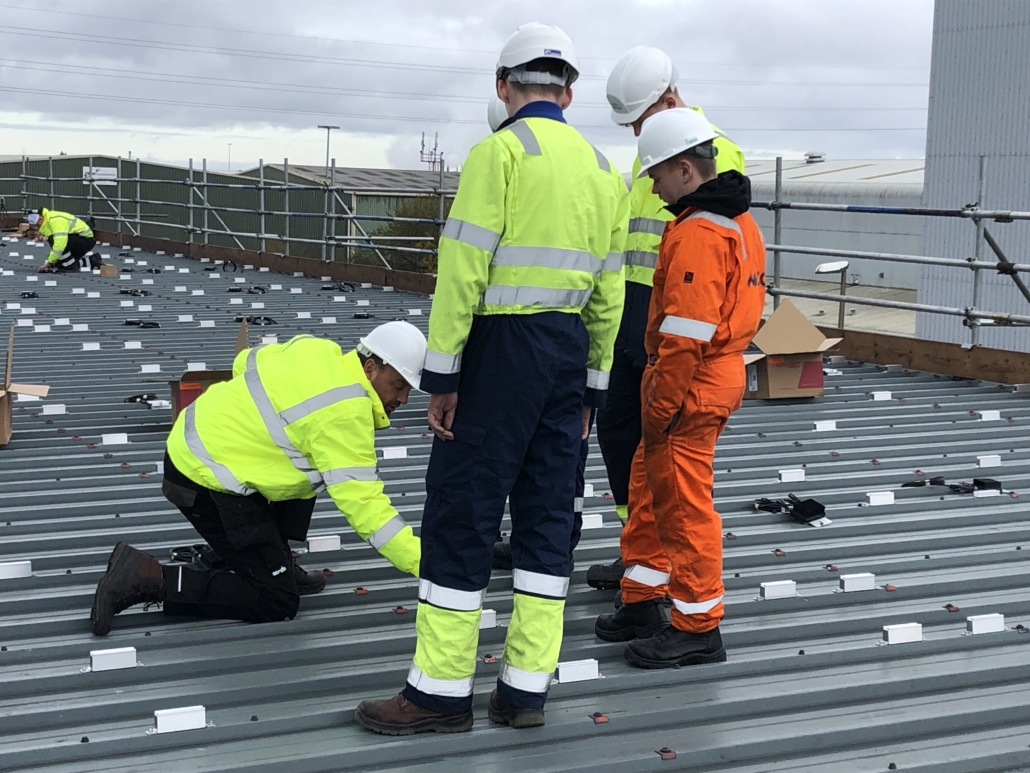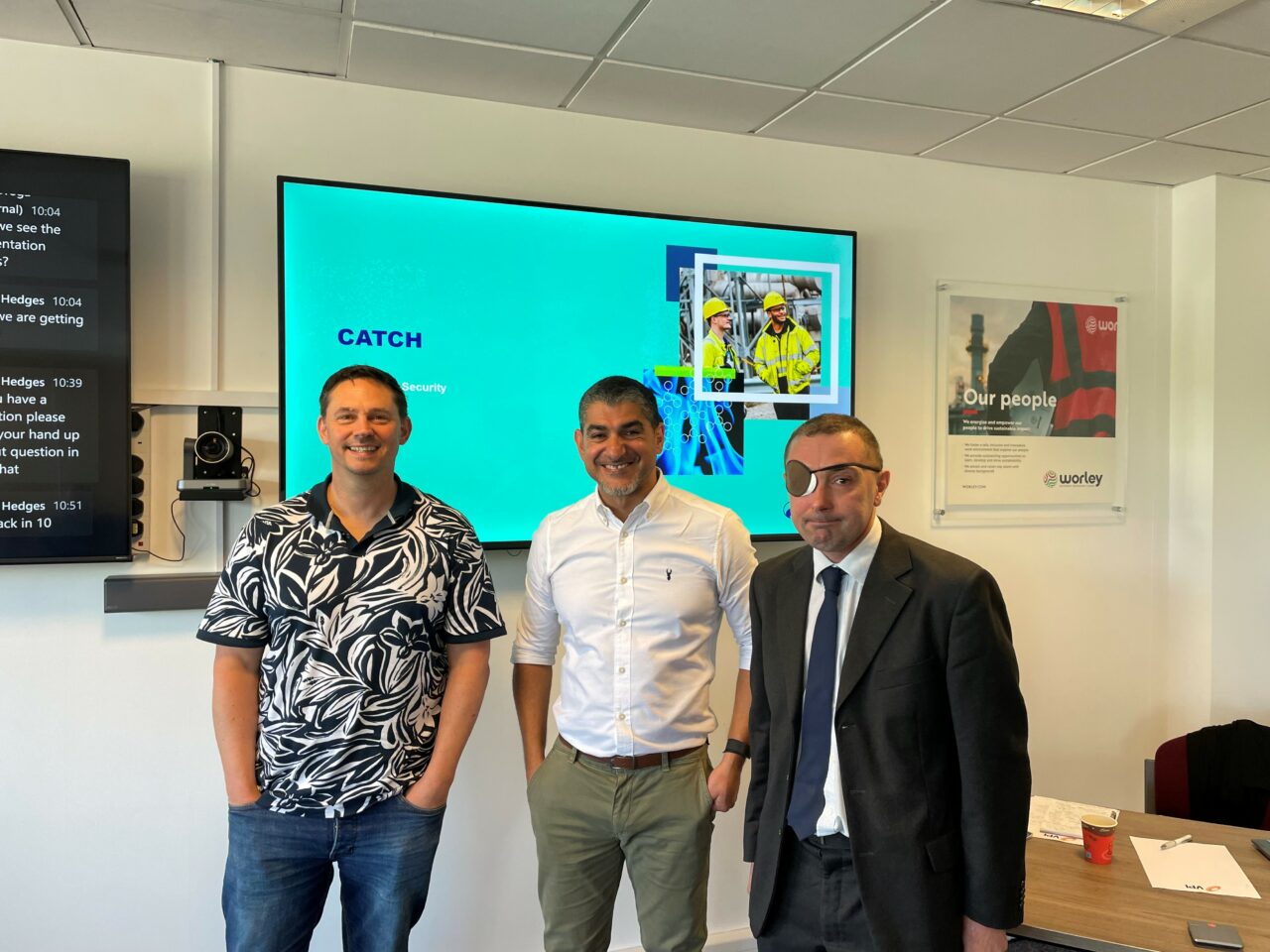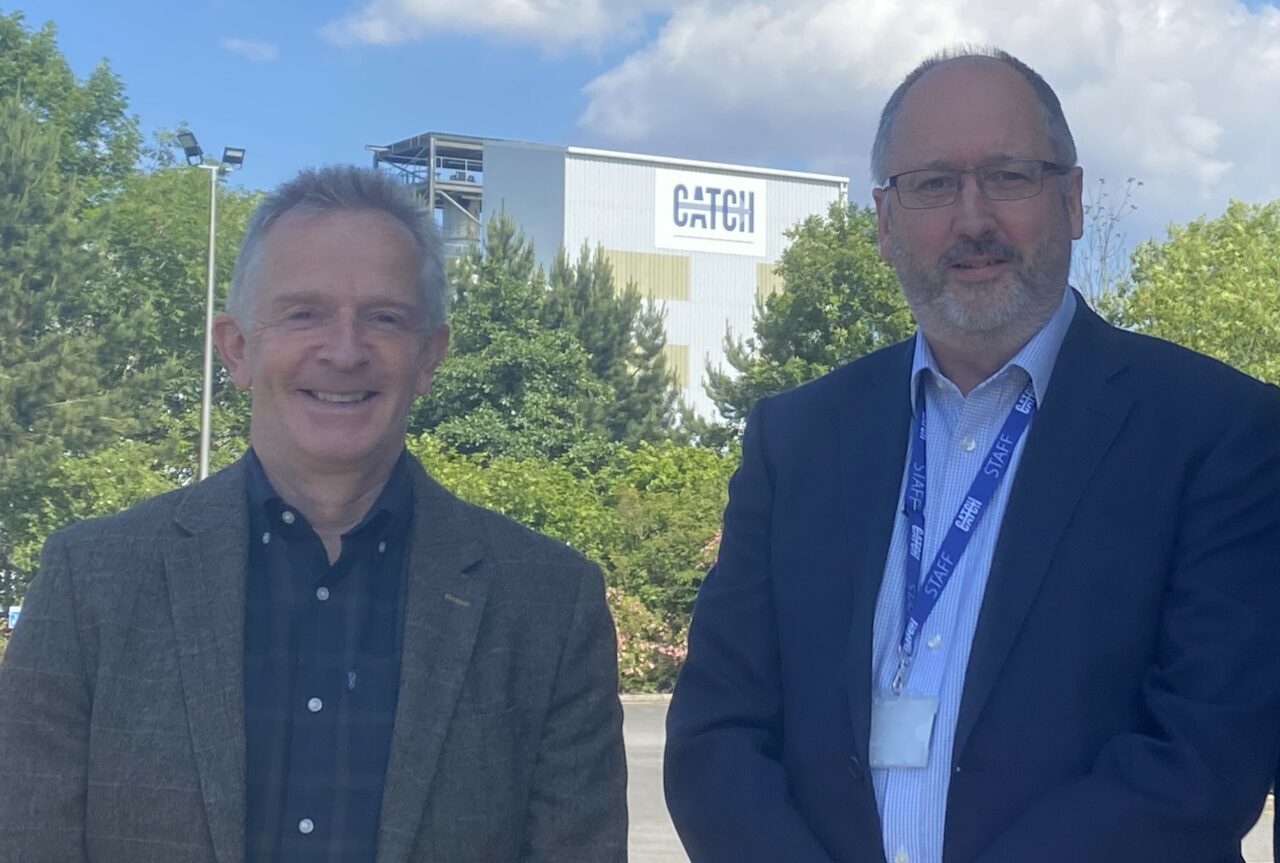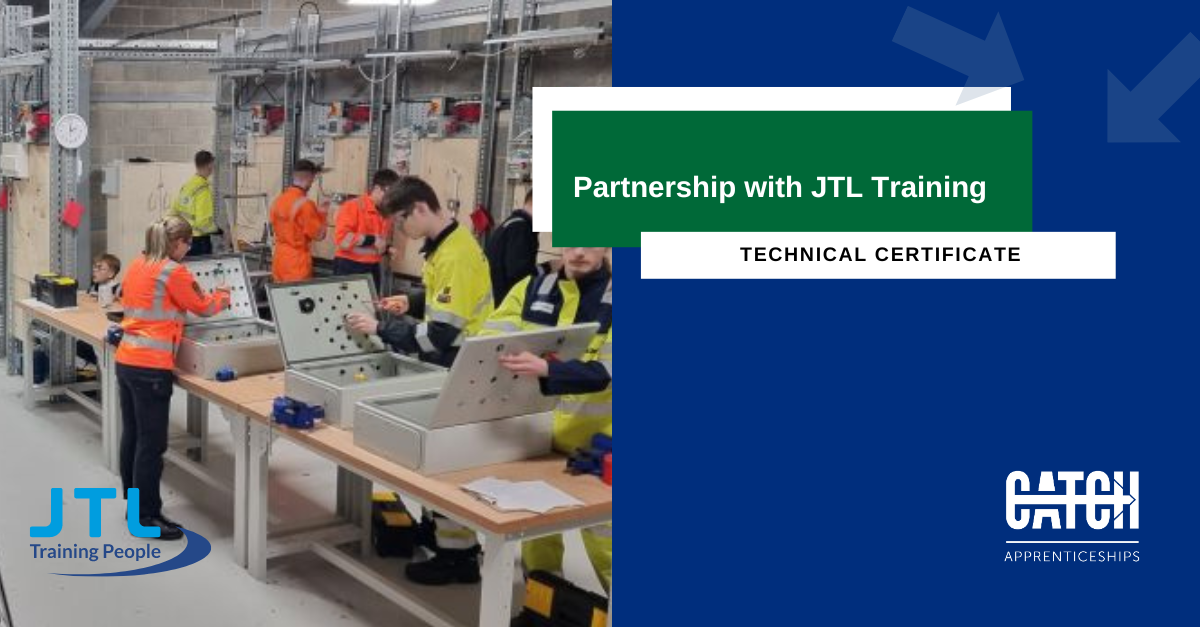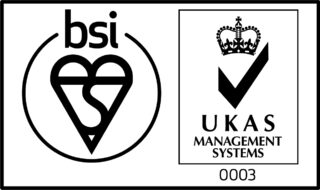- Plant + Paddle partners include Target NEL, North East Lincolnshire Council, Ebb+Flo Collective, The Canoe River Cleaner and Sandringham Estate’s former Head Gardener & Learning and Engagement Coordinator
- Created to support NELC children’s services and community engagement across Grimsby
- Events actively encourage young people to explore the world of marine environment, habitat and biodiversity all connected to Renewable Energy
- On and off-water activities proactively immerse children in the natural world and nurture their curiosity
Plant + Paddle will launch on August 12th at Alexandra Dock in Grimsby following a successful pilot session which took place on Friday, August 2nd.
Six children met at Projekt Renewable, where the Plant + Paddle delivery team took them through a guided paddleboarding and planting activity day. Sponsored by The Crown Estate, the concept was created to engage local children and actively encourage them to learn more about the world that the renewables sector relies on.
From the mini-ecosystems on our doorstep to marine biology and life on the water’s edge, how the natural world impacts us and how we prioritise it for the conservation of the planet are big topics – but nevertheless are topics Plant + Paddle aims to discuss. In order to make the leap from these big environmental challenges to the world of renewables, and relate it back to the day-to-day lives of the local community’s younger members, an expert team has been assembled at Projekt Renewable.
Projekt Director, Richard Askam, commented: “Talk about Avengers Assemble… We are delighted to bring Plant + Paddle to the children of Grimsby and even more delighted to have such a talented bunch of people on board to deliver it! This is really what Projekt Renewable is here for, to let children discover things they didn’t know about marine conservation, biodiversity and renewable energy by getting their hands dirty and their feet wet!”
Paddle Power
Managing the on-water side of the sessions is Toni Buckle of Ebb + Flo Collective and James Elliott aka The Canoe River Cleaner.
Toni Buckle from Cleethorpes representing Ebb + Flo Collective, said: “As soon as Projekt Director, Richard, got in touch about Plant + Paddle it piqued my interest. But it was the team that was involved, as well as the well-documented benefits of activity and blue spaces on people’s well-being and more people being able to access these, that sealed the deal for me.
“Myself and the team behind Ebb+Flo Collective CIC had long recognised that there are certain barriers preventing many individuals from accessing the sea and its benefits – financial hardship, poverty, and physical disability to name a few. Breaking down these barriers is exactly why Ebb+Flo Collective was established.
“This project is so exciting! Grimsby is a very underutilised town in terms of activity and well-being, with so much beautiful wildlife to connect to and explore. It’s an area with so much potential and hopefully, this will be the start of real change that inspires and broadens the horizon of everyone involved. It only takes a small seed for something beautiful to bloom and I hope the project lives up to this.”
James Elliott, The Canoe River Cleaner, added: “You may have seen me on my travels, cleaning our river, and leading nature-based activities to shine a positive light on the beautiful watercourse that snakes its way through our town.
“After recording a recent episode for the latest series of The Podkast, I found myself part of their upcoming Plant + Paddle project which almost sums up my dream day out! Canoeing along our river, teaching children about wildlife, and then increasing biodiversity by planting correct plants along the riverbank. There’s lots of good people about, I’m really proud to be working with some of them.”
Planting A Seed
Back on dry land, and with big thanks to Crowders of Horncastle who supplied all the planting materials and foliage at cost, it was over to Hannah Woods. Coming to Plant + Paddle from Sandringham Estate having recently moved to Lincolnshire, in her role as a Learning and Engagement Coordinator Hannah has been delivering workshops and forest school sessions to those visiting the Royal Estate. With a unique approach to learning all about our natural world, together with her husband, Martin, the former Head Gardener at Sandringham Estate, Hannah brings a wealth of experience to the team.
“I am incredibly excited to be involved with Plant + Paddle sessions with Projekt Renewable, giving children different and interesting opportunities that they might not normally get,” said Hannah. “As a qualified teacher, I know the real importance of outdoor learning which deepens nature connection and supports mental health, boosting confidence, self-esteem and improving social skills, which is what I know the Plant + Paddle event will do for the children who participate in this wonderful series of sessions.”
When it comes to onsite session management, hosting and bookings, the Projekt team is thrilled to be working with Joanne Lord, founder and CEO of Target NEL CIC (Taking Action Raising Grimsby’s Emerging Talents). Having teamed up with Joanne during the Festival of the Sea earlier this year, her positive impact is already being felt across the activity taking place at Projekt. Joanne explains how she came to be involved.
“After speaking with Richard at Projekt, it became clear that we share the same vision for our young people: to raise awareness about the future of renewable energy within our community and to connect this knowledge to their career aspirations,” said Joanne. “My work focuses on developing programs and projects that put children at the forefront, helping them see how their current interests can evolve into transferable skills for a career in this growing industry.
“When I was invited to collaborate with Projekt on the Plant + Paddle, I knew right away that I wanted to be involved. Plant + Paddle offers an exciting opportunity to introduce children and young people to activities they might not typically have access to, and I’m thrilled to be a part of it.
“New projects such as this one are exciting for both us as a growing collaborative team as well as the community. The Projekt initiative helps to build strong, positive relationships with local residents while promoting the long-term goals of promoting sustainability and renewable energy opportunities locally. For the community, projects like Plant + Paddle offer children and young people access to experiences they might not otherwise have, encouraging them to explore new interests. These activities can spark curiosity, foster a sense of adventure, and develop critical life skills such as teamwork, resilience, and environmental stewardship.
“By blending hands-on activities with education, we hope to show young people that the future of energy can be both exciting and accessible, opening their eyes to the possibilities that lie ahead.”
If you’re interested in finding out more about Plant + Paddle, would like to support or sponsor the programme of events at Projekt Renewable, or would simply like more information about how your children can take part, please get in touch with the Projekt team at info@projektrenewable.com or Joanne Lord at jlord@tragetgy.co.uk


